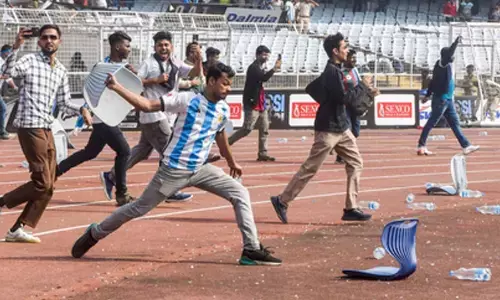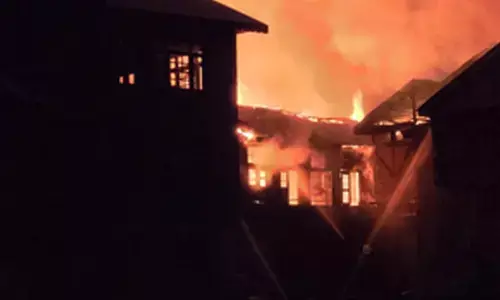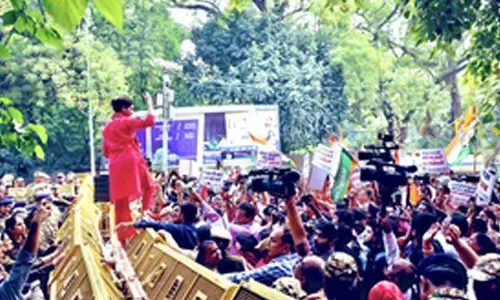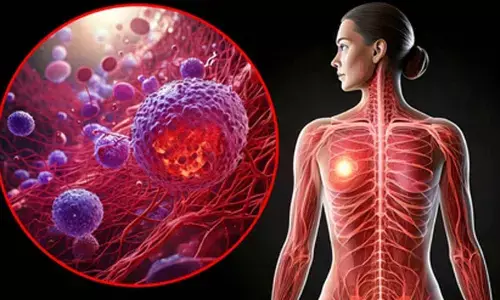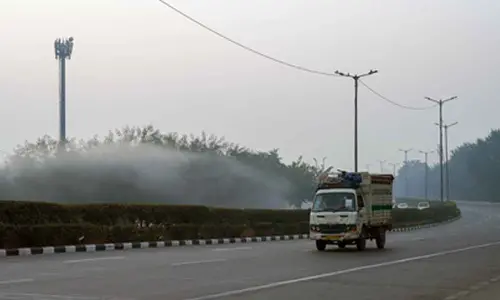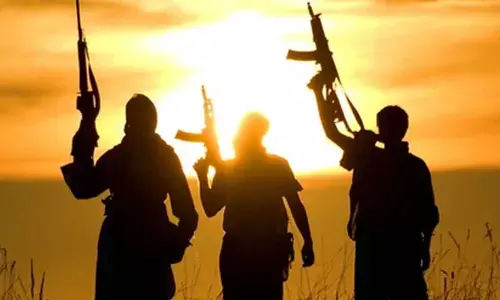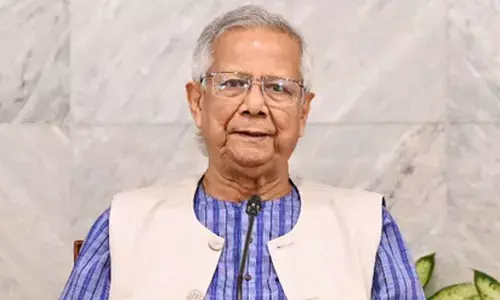Corruption allegations puts question mark on Mamata leadership in Bengal
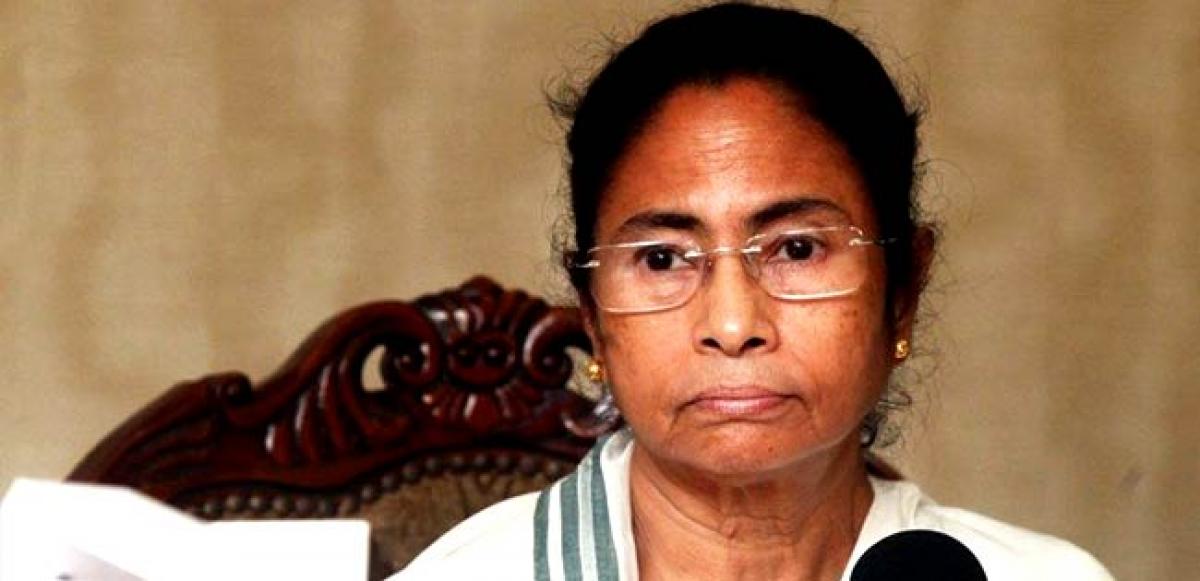
Never before in the political history of West Bengal has there been such an acute leadership crisis cutting across political spectrums as is now being witnessed in the midst of the assembly elections.
Never before in the political history of West Bengal has there been such an acute leadership crisis cutting across political spectrums as is now being witnessed in the midst of the assembly elections.
While the BJP and the Left parties suffer from absence of any worthwhile leader, Mamata Banerjee's leadership quality is also under question in the wake of allegations of corruption against some Trinamul Congress(TMC) leaders in the Saradha chit fund case and the Narada sting operation and her continuous flip-flops on the issue.
Although the Left Front has not declared any chief ministerial candidate, its undeclared candidate for the post is Surjya Kanta Mishra, a person who is hardly known outside his assembly constituency of Narayangarh in West Midnapore district. A doctor by profession, Mishra had served in the Buddhadev Bhattacharya cabinet but due to his self-effacing nature and lack of oratorical power, is not perceived to be an inspirational figure by even his own party workers.
Even if Mishra is left aside, there is no one in the CPI-M who can be called a leader. This is, however, too natural as the West Bengal unit of the CPI-M has, barring some notable exceptions, always suffered from lack of brilliance after 32 front-ranking leaders of the former Communist Party of India (CPI) decided to break away from the mother organization and launch the CPI-M in 1964. If one looks at the composition of the CPI-M in those days it will become crystal clear that all the leading lights like EMS Namboodiripad, P. Sundaraya or A.K. Gopalan who had mastery over communist ideology were from outside West Bengal.
From the 1960s till his death in 2010 Jyoti Basu covered up this deficiency in leadership structure of his party by his strong common sense and the carefully cultivated image of a Bengali bhadrolok. Pramod Dasgupta, the quintessential general secretary of the CPI-M in west Bengal and also a party politburo member, understood the danger inherent in a such a one-man centric leadership structure and tried to build up a troika of leadership comprising Buddhadev Bhattacharya, Biman Bose and Anil Biswas. But the idea did not take off and it was ultimately dashed to the ground by Buddhadev's rash decision of acquisition of land by force in Singur and Nandigram.
The question of leadership crisis is certain to come to the fore in the event of the TMC not being able to form the ministry on its own. It is perhaps unlikely that the Left Front-Congress combination will be able to get an absolute majority.
There is a mathematical conundrum over the Congress' vote percentage. The Congress got 9.6 percent votes in the 2014 parliamentary election, but the bulk of this came from three districts - Malda, South Dinajpore and Murshidabad. In the other 17 districts, the Congress' vote percentage was negligible.
So, even if a certain percentage of BJP votes are transferred to the Left, there is a question of whether the Left-Congress alliance can come anywhere near the magic figure.
Even if it does, there is no Jyoti Basu around now who can command respect and allegiance from alliance partners. If the Congress does reasonably well it is sure to express reservations about Mishra and instead put forward the name of Somen Mitra as the legislative party leader. In the event of a TMC failure to get an absolute majority, there will be a strong possibility of a TMC-Congress coalition government too and then again, the Congress will no longer accept Mamata Banerjee's unquestioned leadership.
That the TMC has suddenly found itself in a shaky situation is more due to Banerjee's lack of understanding about leadership than any exposure of corruption. Right from the birth of the TMC, she has been running it like a club and there is no second or third level leadership. The problem is more acute in the districts, where the TMC is marked by a total absence of command structure. Naturally, the TMC supremo now looks extremely vulnerable and her party cannot offer her a prop to lean upon.
The Bharatiya Janata Party exhibits promises by fits and starts in West Bengal. Long before the 2014 parliamentary election, the BJP had done quite well when Tapan Shikdar was its state president. But it has always been plagued by internal squabbles which prevented the growth of any credible leadership from the state BJP. Tathagata Roy, the present governor of Tripura and a former state BJP president, had tried to stem the rot in his own way. It is rumoured that he had agreed to shoulder gubernatorial responsibility out of a disgust in the state BJP politics. Dilip Ghosh, the incumbent state unit chief, is from the RSS and is not a much known person.
All the chief ministers of West Bengal - from B.C. Roy to Jyoti Basu except Siddhartha Sankar Ray - were aware of the basic tenets of what makes an accepted and revered political leader - his ability to spare time for and give space to opposition parties. Unfortunately neither Buddhadev nor Banerjee understood this fundamental point, thereby throwing the politically important state into a great vacuum.
By Amitava Mukherjee
(The author is a senior journalist and commentator. The views expressed are personal. He can be contacted at [email protected])








